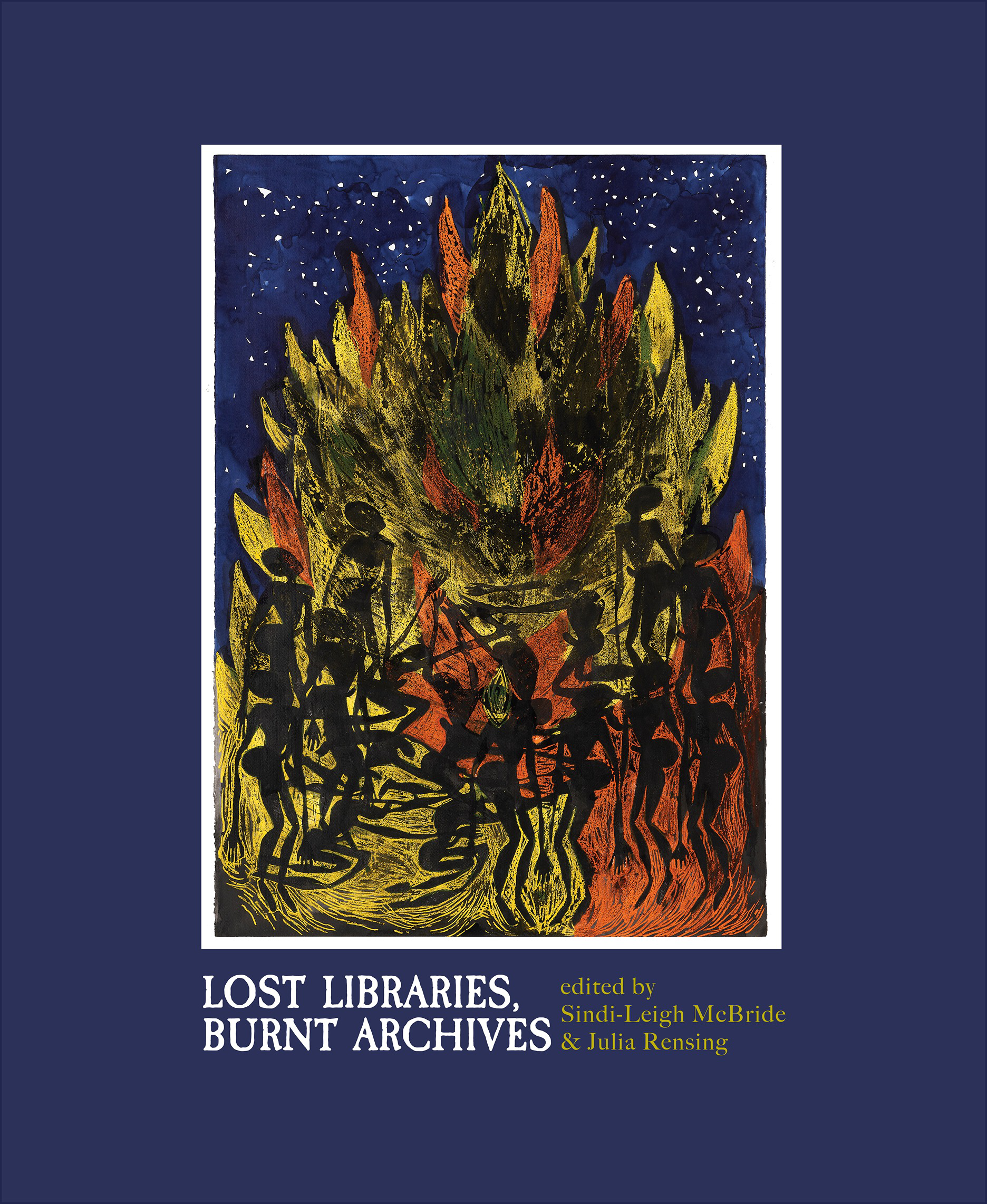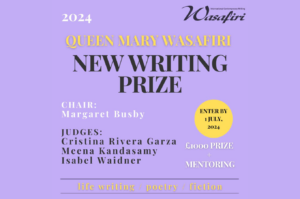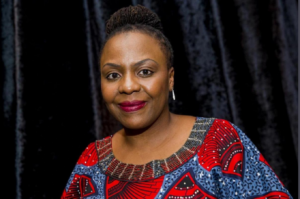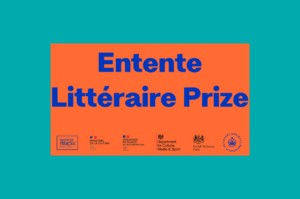
[Download Lost Libraries, Burnt Archives here.]
One of the earliest attempts to memorialize the incident is Duane Jethro and Jade Nair’s Of Smoke and Ash: The Jagger Library Memorial Exhibition. The exhibition registered that something had been lost and needed to be mourned, but it also insisted on the need to celebrate what was left.
Drawing inspiration from Jethro and Nair’s work, McBride and Resing held an exhibition response workshop on April 25, 2022. They invited artists and academics to visit the burnt library and exhibition and to participate in a workshop on “commemorative practices, collective loss, the archive, decolonization, and curatorship as a creative site of knowledge.” Lost Libraries, Burnt Archives came out of these efforts.
The collection contains works by 22 contributors. Some of the contributors like Koleka Putuma, Bongani Kona, and Masande Ntshanga are well-known in the literary community, but there are also artists and academics. Putuma’s opening poem, titled “Passage,” is on powerful piece. Who better to talk about archives, loss, and erasure than Putuma whose poetry has plumbed the depths of history to unearth the stories of black queer women artists?
McNair’s account of her volunteering efforts is another moving piece. She takes us beyond and behind the spectacle of the flames to reveal how individuals worked together to salvage what they could. In the process, they witnessed the extent of the tragedy, but they also found solace in the collective task of taking stock, preserving, and taking the first steps towards reconstituting the archive.
Rensing’s piece “Lost or Found: Reckoning with Archival Ruins” is a haunting examination of the fascination of ruins and how that complicates our understanding of loss and archives. Portia Malatjie’s “Archival Panic” is another brilliant piece. Taking Achille Mbembe’s provocation to heart that we need more imaginative and speculative approaches to the archive, the essay looks at the works of African artists who have explored the ancestral, mythological, cosmological, and spiritual planes of existence for what they tell us about archives.
These briefly surveyed pieces are just a taste. The collection is a rich mix of styles, genres, and provocations. The pieces examine the scale of the loss. What happens when a library is burnt, an entire archive lost? What emerges from the ashes? What kind of affective atmospheres do burnt libraries produce? What is the emotional toll of documenting loss spanning the scales of the intimate and the archival? Artwork, photography, short stories, poetry each address the event of the library’s burning beyond the sheer fact of its tragedy.
Lastly, with the stunning page design and layout, the e-book is itself a work of art. Kudos to the editors and everyone who worked hard to bring this brilliant collection to life.
[Download Lost Libraries, Burnt Archives here.]
Download for free here: Lost Libraries, Burnt Archives PDF









COMMENTS -
Reader Interactions